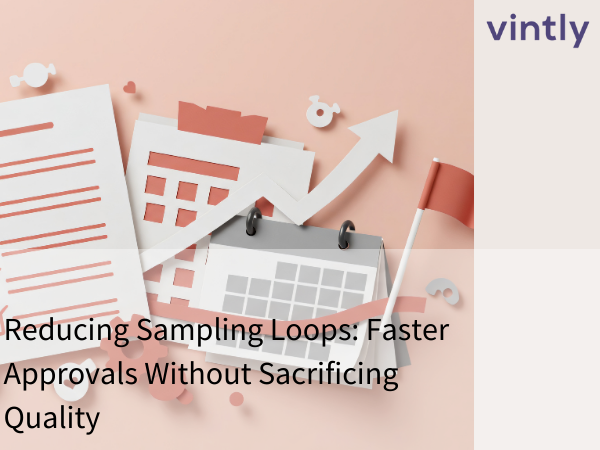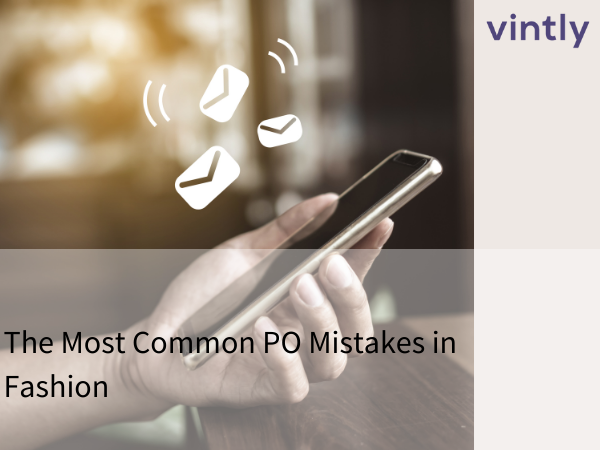Establishing a successful supply chain has always been a challenge, and for long, the keywords were globalisation, low cost production and bulk shipping. However, the Covid-19 pandemic, global conflicts and inflation have forced supply chain managers to face the consequences of placing all bets on cutting costs and not prioritising a resilient supply chain. One way of improving resilience is by focusing on supplier management.
Supplier Management - the basics
One vital part of supply chain resilience is ‘supplier relationship management’; a practice essential in making sure that goods are produced in line with quality standards, on time, as well as ensuring that suppliers are aligned with company values and other expectations. Moreover, creating strong supplier relationships is key in order for suppliers to initiate necessary investments that enable them to keep up with your requirements. In fact, as much as 50% of a company’s value can depend on the strength of its supplier relationships. In this article, we will explore the concept of supplier management, how it can be implemented, and its advantages.
Much like customer relationship management, supplier relationship management is an organised approach to assessing and controlling vendors. In short, it can be seen as a sort of risk management that a) assesses the distinctive worth of suppliers and tries to identify strategic or essential suppliers, and b) enables organisations to create action plans with the ambition to enhance supplier performance and create beneficial partnerships. If ignored, businesses are in danger of compromising their supply chains, making them susceptible to unnecessary risk and vulnerability. Supplier management usually involves the following:
- Supplier rating
Rate your supplier in terms of importance. How reliant are you on these suppliers? What is the relationship like? Are they responsible for producing the goods that make up a high percentage of your revenue? Can you easily replenish these goods if something happens? You want to make sure that your most important suppliers get the right level of focus from you and prioritise your needs. Are you as important to them as they are to your business?
- Action plans
Set out a plan for how to work with each supplier based on the result of your supplier rating. This will address the necessitates for development of the business processes to ensure they align with business objectives and goals.
- Supplier agreement
Ensure that you have a signed supplier agreement that is reviewed, measured and renewed, at least once every year..
- System support
94% of procurement professionals don’t fully trust their supplier data. To mitigate this, start utilising digital tools to gain insight into suppliers and their performance. Determine if there are any shortcomings in supply procedures and develop performance goals that you review together with your supplier. Subsequently, construct a risk management plan that entails areas of improvements, highlights risks and how to mitigate these issues.
Supplier relationships affect the entire organisation
Although many external risks can be mitigated by implementing the points mentioned above, it is also important to review internal factors. How is the overall relationship between the entire organisation and the suppliers? Having supplier performance reviews with all functions involved may be necessary to improve relations and work on process improvements.

Three benefits of prioritising strong supplier relationships
Suppliers act as an extended team of your company, manufacturing items that you then sell and are accountable for. When focusing on supplier management, businesses can reap the benefits of an optimised supply chain and a well-executed supplier strategy can offer multiple advantages, such as:
1. Nurture Dependability and Certitude
By demonstrating an eagerness to construct a strong relationship, you can establish a high level of trust between your company and your suppliers. Make sure to outline your expectations in agreements and SOP’s (standard operating procedures) and introduce suppliers to all points of contacts within your organisation.
This exercise begins already with the supplier onboarding, where your purchase manager or corresponding executive has the chance to clearly explain the requirements they need to adhere to in order to get your business, as well as the benefits that a vendor can expect from you by committing to these requirements.
2. Decrease Cost and scale business
Enhancing the agility of your supply chain can lead to cost reductions and increased profitability. Automating the purchasing process by using a collaboration platform with your suppliers helps to minimise the use of manual operations and facilitate the administration of projects and orders. This, in turn, enables you to scale your business without having to bring on more manpower.
3. Increase Efficiency
By utilising a collaboration platform with suppliers (where both buying parties and supplier are active users), businesses can obtain improved visibility into their operations with updated vendor data and real-time analytics. Moreover, all supplier information can be kept in a single place (records, communications, assessments, accreditations, and CAPA) to make sure you are always updated with your suppliers' performance. With such a tool, you no longer have to spend valuable time on aligning with your suppliers on where you are with each and every purchase order, the system will keep you both up to date.
If you want to know more about managing suppliers, check out our solutions or get in touch!
.png)


